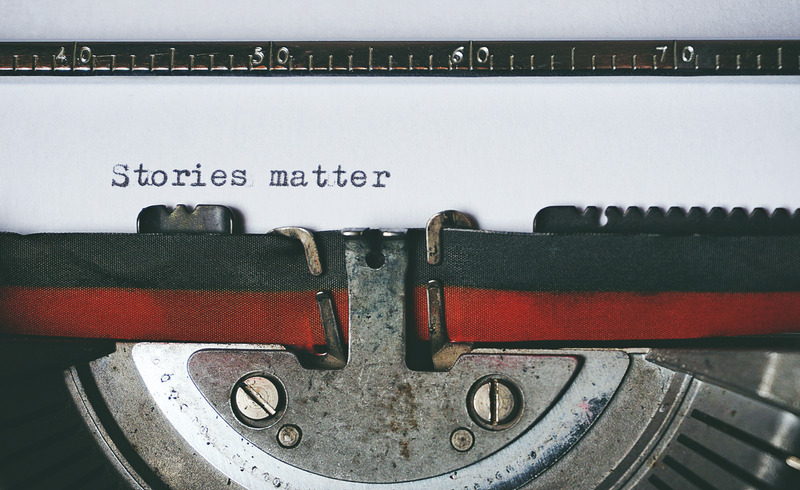by Amy Paturel
I primarily use journals to vent. Writing is a way to release my emotions, understand where they stem from and ultimately grow from them. Essays provide me with a similar cathartic outlet. I use them to delve deeper into an issue and view it from a different perspective.
Perhaps not surprisingly, many of my essays started out as journal entries. Over the years, I’ve learned that when I’m in the midst of a life-changing experience, or when I’ve had an “a-ha moment” on an otherwise “ho-hum” day, that’s the time to write. When I journal during those times, I take special care to jot down details. I try to recount quotes exactly as I heard them, note specifics about time, place, and characters, and take down sights, scents, sounds, tastes and tactile sensations. The more detail I can get down, especially in terms of dialogue, the better. And while I rarely use all of this material in an essay, it’s an effective way to bring me back to the experience, jogging my memory even years later.
If I start an essay from a journal entry, I’m closer to the truth—closer to the emotion. I can see the scenes unfold and I’m better equipped to show the action or character.
Unfortunately, memory is fallible. You think you’ll never forget a look on someone’s face or the feeling you had when a particular event took place, but somehow over time, the little details that color your life are lost. I’m always amazed at what I forget, and yet, reading through my journals is often a good way to bring it all back.
Preserving your memory and recording details isn’t the only reason to journal. If you write in a journal regularly, it’s a great way to discover your voice, hone in on your writing style and uncover what makes your writing unique. You aren’t trying to match a particular publication’s tone or style. You’re writing for an audience of one: You. Unless you become the next Joyce Carol Oates, chances are good that you’re the only person who will ever read your journals. And that gives you the opportunity to write from your heart. It allows you to be honest, naked and vulnerable on the page … and it silences your inner critic. What you write is completely real, uncensored, off-the-cuff, raw emotion. The drawback, of course, is that some of that emotion is rough. Once it’s on the page though, you’re better equipped to channel it into something meaningful—not just for yourself, but for other people, too.
Amy Paturel’s essays have been published in Newsweek, O! The Oprah Magazine and others. She teaches essay writing.
Photo by Suzy Hazelwood

